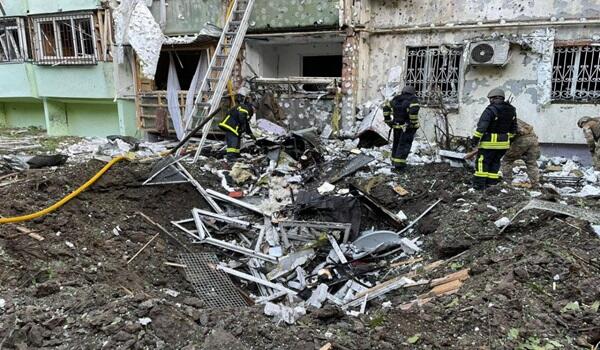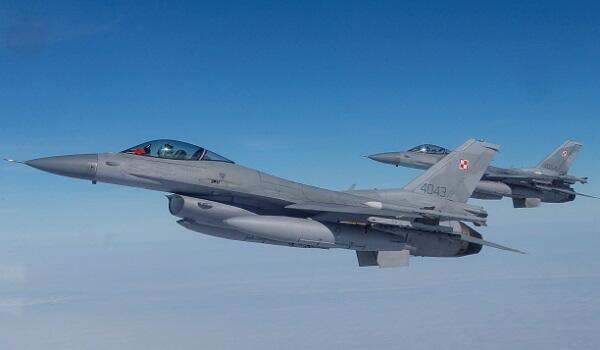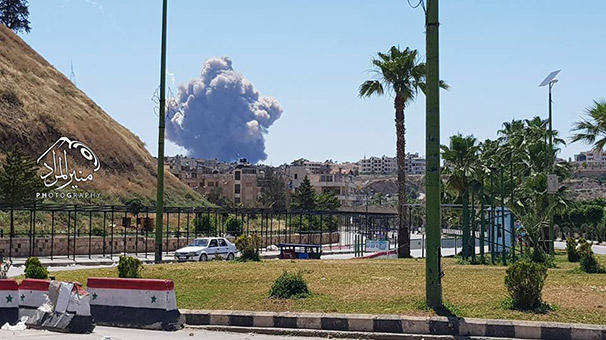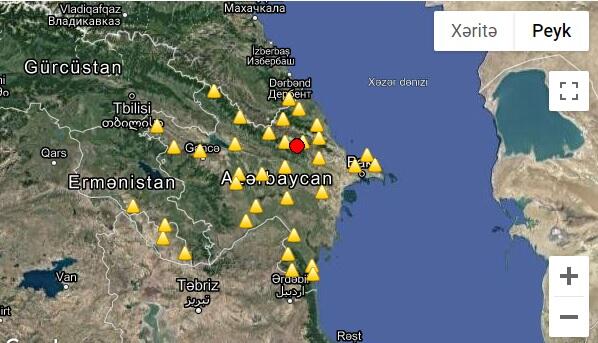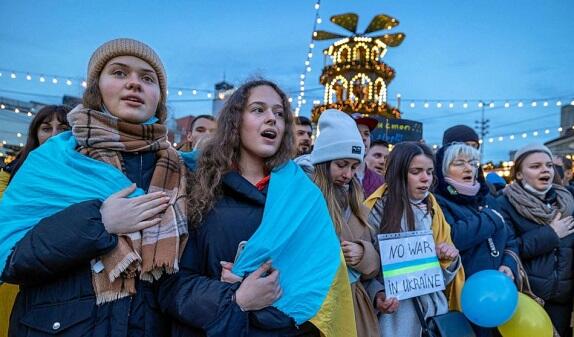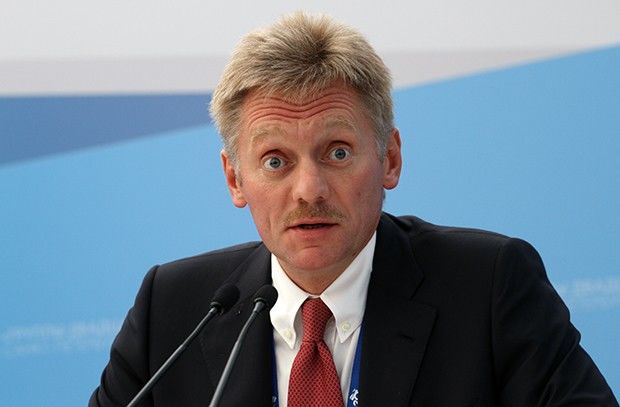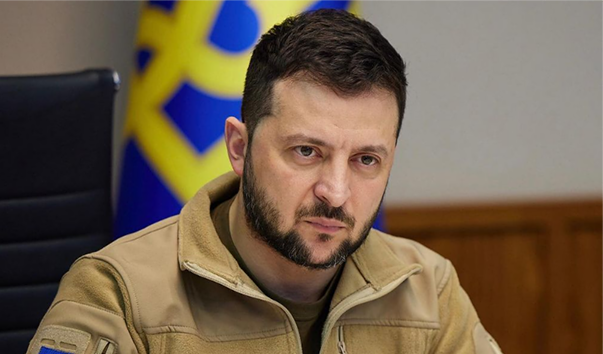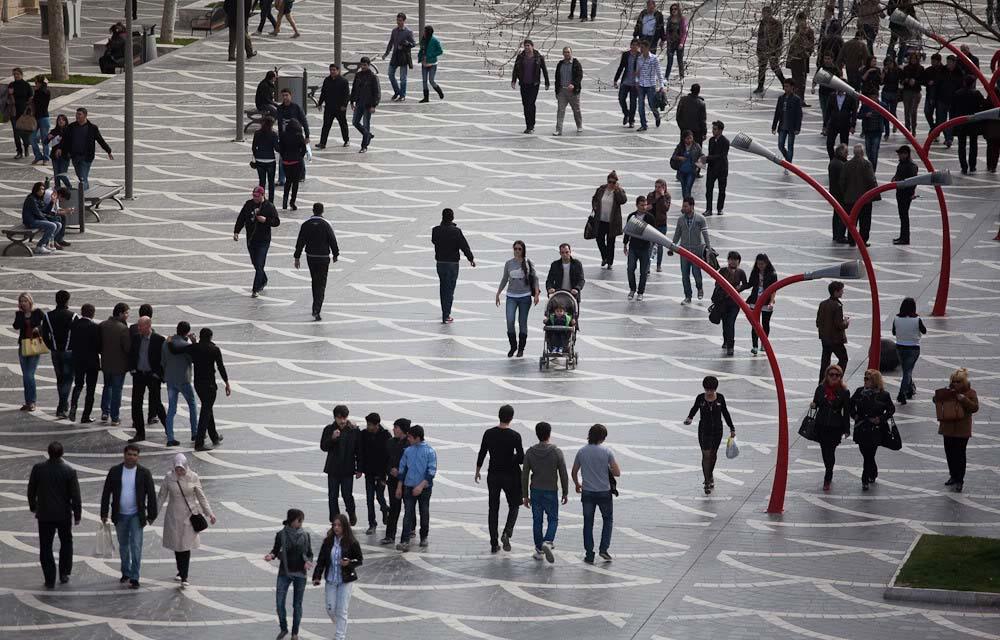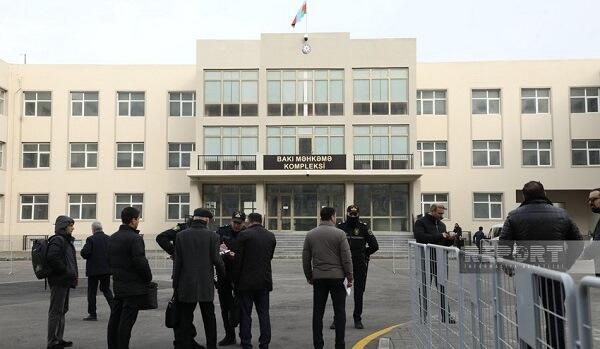In recent years, the Russian Federation has increasingly weaponized mass media as a tool of foreign policy influence. Under the guise of journalistic activities, it conducts extensive campaigns to shape public opinion and destabilize the political environment in sovereign nations. Such actions, which constitute interference in the internal affairs of other countries, undermine local public institutions and erode public trust in authorities. This pattern is particularly evident in the operations of the Russian agency Sputnik and its personnel.
Axar.az reports this was stated in an appeal of the Press Council of the Republic of Azerbaijan to the international community.
In response to an open letter from the Russian Union of Journalists addressed to international organizations, journalistic associations, and human rights groups, which protests the arrest of Sputnik Azerbaijan employees, we deem it necessary to present an objective account of the events to the international community.
First and foremost, the letter grossly misrepresents the facts, revealing a clear intent to manipulate global public opinion. The detention of Sputnik Azerbaijan’s head, Igor Kartavykh, and editor-in-chief, Yevgeny Belousov, is unrelated to their journalistic duties, contrary to the letter’s claims. It must be emphasized that these individuals were collaborating with Russia’s Federal Security Service (FSB) and were in Azerbaijan to carry out tasks unrelated to journalism. In this regard, their detention is a lawful measure, taken in full compliance with current legislation and within the legal framework.
To better understand the situation, we would like to draw attention to the fact that Sputnik Azerbaijan was previously headed for several years by Vitaly Denisov, a career officer of the Russian special services closely linked to the Main Intelligence Directorate (GRU). Denisov previously managed Sputnik South Ossetia and Sputnik Moldova, where he orchestrated propaganda campaigns to advance pro-Kremlin agendas, leveraging media resources of these regions in the interests of Russian special services. His subversive activities led to his expulsion from both Azerbaijan and Moldova, underscoring that journalistic cover is often used to pursue objectives far removed from informing the public – namely, coordinated attempts to influence and interfere in host countries, posing threats to their national security.
Such methods employed by special services, using pseudo-media structures like Sputnik as tools, are part of a broader hybrid strategy aimed at destabilizing the situation in sovereign states. This is corroborated by international reports from leading organizations such as the Council of Europe, the European Parliament, EUvsDisinfo, and EDMO, which note that Sputnik operates not merely as a news agency but as a key instrument of Russia’s disinformation campaign aimed at interfering in the internal political processes of other countries. In this regard, the international community's reaction to Sputnik’s activities is entirely appropriate: the agency has been officially banned or blocked in 32 countries, including all 27 European Union member states, as well as Ukraine, the United Kingdom, Canada, Switzerland, and Australia.
It is astonishing that the Russian Union of Journalists, rather than addressing the severe issues of journalist persecution and restrictions on free speech within Russia, essentially neglects these urgent issues. Numerous arrests of independent media representatives and systematic pressure on them are sidelined in public and political discourse.
The seriousness of the situation is also confirmed by data from international journalistic and human rights organizations, according to which more than 50 journalists have been killed in Russia since 1992. There are well-founded suspicions that these killings were related to their professional activities. Between 2019 and 2024, at least 26 journalists were detained or arrested, highlighting persistent systemic challenges to freedom of speech and independent journalism. Repоrts by international human rights organizations regularly highlight the large-scale decline of independent journalism in Russia, with experts estimating losses of around 60–70%. Similar conclusions are drawn in materials from authoritative sources, pointing to a systemic and deeply entrenched trend of suppressing freedom of speech in the country.
High-profile cases such as the murders of prominent journalists like Yuri Shchekochikhin, Anna Politkovskaya, Pavel Sheremet, Paul Klebnikov, and many others remain unsolved due to their political motivations. Since Russia’s military campaign against Ukraine began, media censorship has intensified, alternative viewpoints are suppressed, and journalists expressing independent opinions face persecution and arrests.
Yet, the Russian Union of Journalists prefers to advocate for those suspected of espionage while showing no such persistence in defending independent journalists who face real risks in their own country.
In the case of the detention of Sputnik Azerbaijan employees, which was nothing more than a branch of the Russian Federal Security Service, international journalistic and human rights organizations should first consider the connections between supposedly independent journalistic organizations, such as the Russian Union of Journalists, and special services, as well as their transformation into tools of political influence and informational manipulation.
We urge international journalistic and human rights organizations to respond appropriately to such informational diversions and to resolutely condemn the use of media for political purposes.
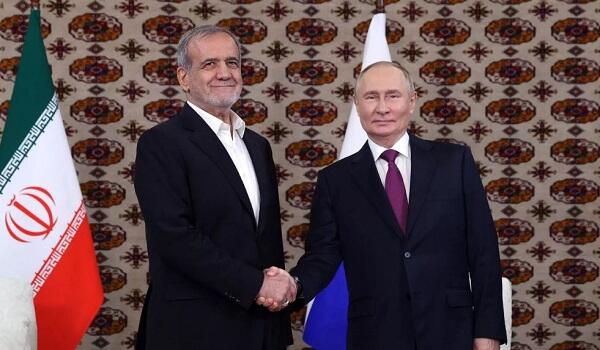


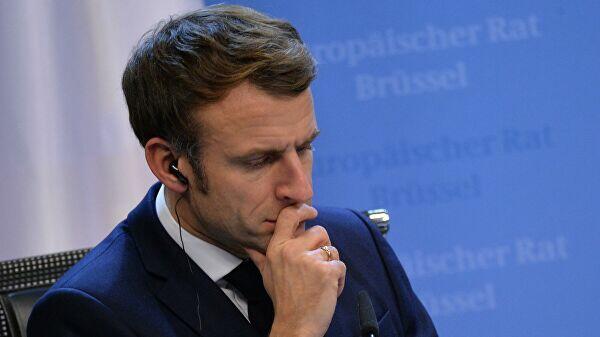

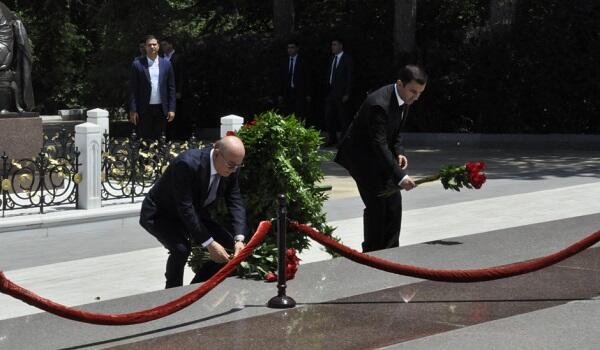
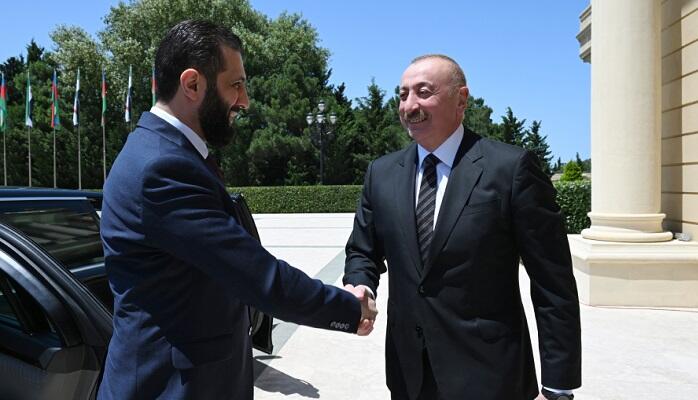
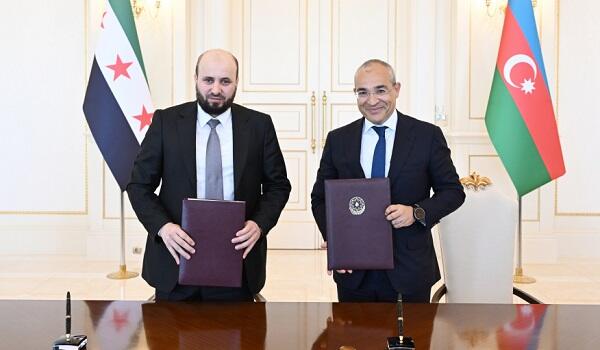


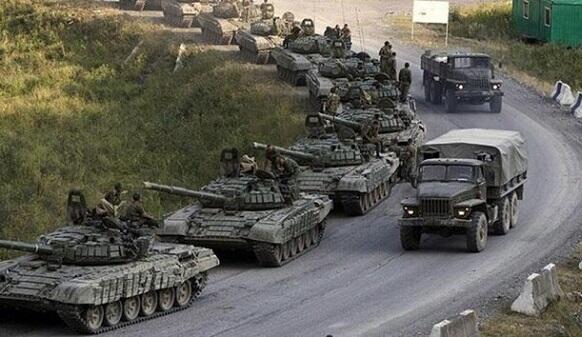
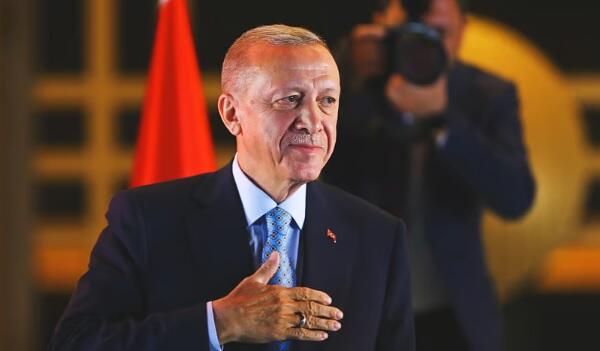
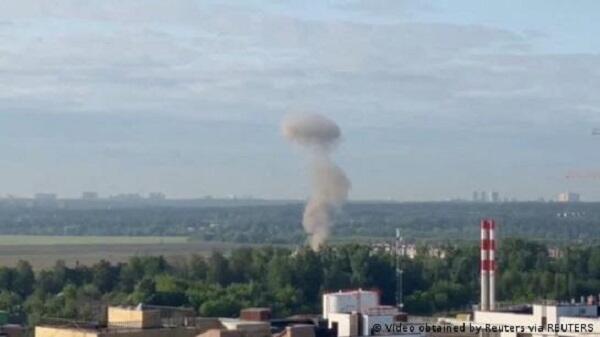
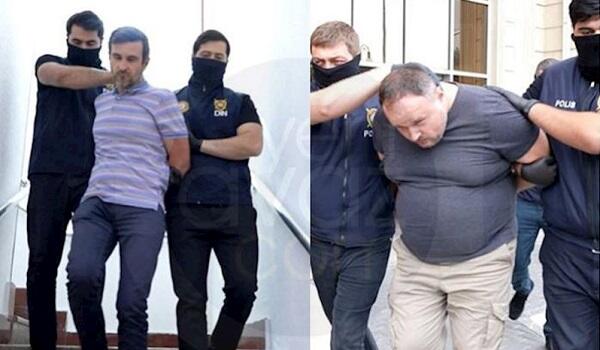




.jpg)
